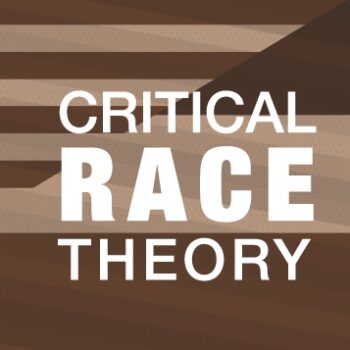We are, individually, born into societies with dominant values, with views of right and wrong and good and bad that are embraced by the systems of government and by various subcultures within our societies. In traditional societies, there is considerable homogeny of values, views about the gods, views of meaning, views about ethics. In contemporary liberal democracies, increasingly with global publics, there is much more pluralism in views of religion and ethics than most human societies have ever had. How do we get our individual ideas about metaphysics and ethics — about what to think of the gods and what to think of right and wrong, good and bad? We surely get our starting point from the society we are born within and from the specific social groups that influence us. Clearly, as Sigmund Freud recognized, our families and/or early caregivers play the most significant early role. As children, our parents and/or closest caregivers provide a framework for meaning and for ethics that we individually internalize. For their part, they are affected by broader social groups, the government or legal regimes of their times, the religious organizations of which they are a part and so on. Over time, though, as we mature, we develop the ability to question the dominant views that we have been taught by our caregivers and the prevailing views of our culture(s) or of the vital subculture(s) that have influenced them and us.
Throughout the history of philosophy, those who have engaged with social philosophy or practical philosophy (philosophy that looks into questions of ethics, of right and wrong and good and bad) have encouraged us to think for ourselves. Socrates’, the best known early Greek philosopher to have focused on ethics, highlighted the need to examine our views and test them for adequacy. As he famously said, “the unexamined life is not worth living.” In Plato’s early dialogues, where the views of his teacher, Socrates, are most clearly introduced to us, we see Socrates questioning the prevailing Athenian views about what justice is, about what virtue is. He proceeds with the conviction that rational reflection on these ideas can lead us to adequate answers. Philosophical ethics, then, as birthed by the figure of Socrates, already has a different approach to questions of right and wrong, of good and bad, than the traditional religious views of the Ancient Greeks. Socrates does not say that we should simply turn to tradition or firmen up our beliefs in religious authority. Rather, as a philosopher, he emphasizes the need for rational reflection and rational dialogue about questions of goodness and virtue. He also links in some fundamental way the personal and the social. The same reflection that can improve our own moral lives as individuals can contribute to a more adequate social understanding of the just, the good, and the virtuous.
Socrates serves as an example for thinkers throughout the history of Western philosophy. In the eighteenth century, the German enlightenment thinker, Immanuel Kant, proposed, like Socrates, that we be guided by reason in our ethical enquiry. To address questions of right and wrong, good and bad, and of reason more generally, in his famous essay “What is Enlightenment?” he begins by focussing on the need of individuals to throw off the chains of tradition and to think rationally for themselves. “Enlightenment,” he begins “is man’s emergence from his self-imposed immaturity. Immaturity is the inability to use one’s understanding without guidance from another.” Whatever the detailed disagreements in the views Kant and Socrates, Kant shares with Socrates the view that a fundamental human responsibility — indeed one fundamental to our humanness — is to use reason to examine conscience. To understand which of the ideas of our respective society’s we should adopt, we need to think critically. We need to employ critical reason.
Critical rational forms of philosophy have emphasized that one of our main goals is to rationally examine our respective individual consciences and with that the social views of the societies, cultures and subcultures that have provided us with our moral/ethical starting point. We begin life with a certain kind of indoctrination wherein we accept certain views of the right and wrong, the good and bad, of life’s purposes. But as rational agents, with responsibility for ourselves and our societies, we do not end there. We are challenged to critically reflect on our individual views and the views of society. One of the fundamental goals of philosophical ethics is to facilitate us in this reflection.
I provide a further elaboration on some of these ideas in this post on an examined life.

